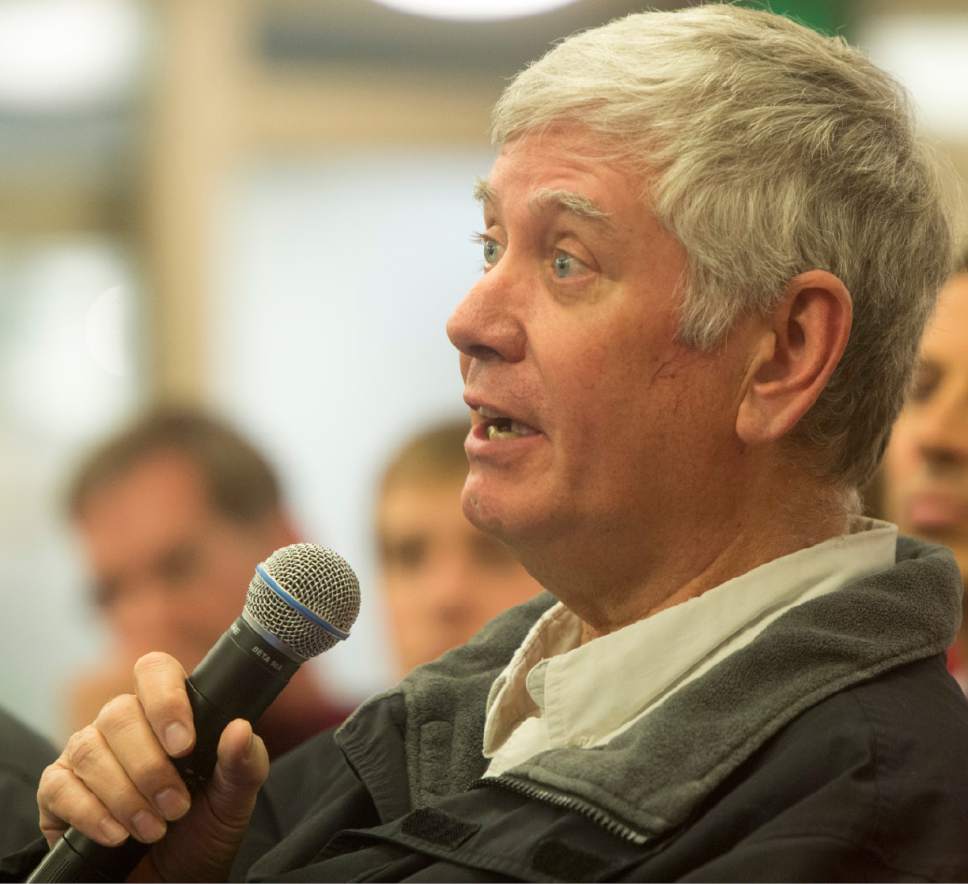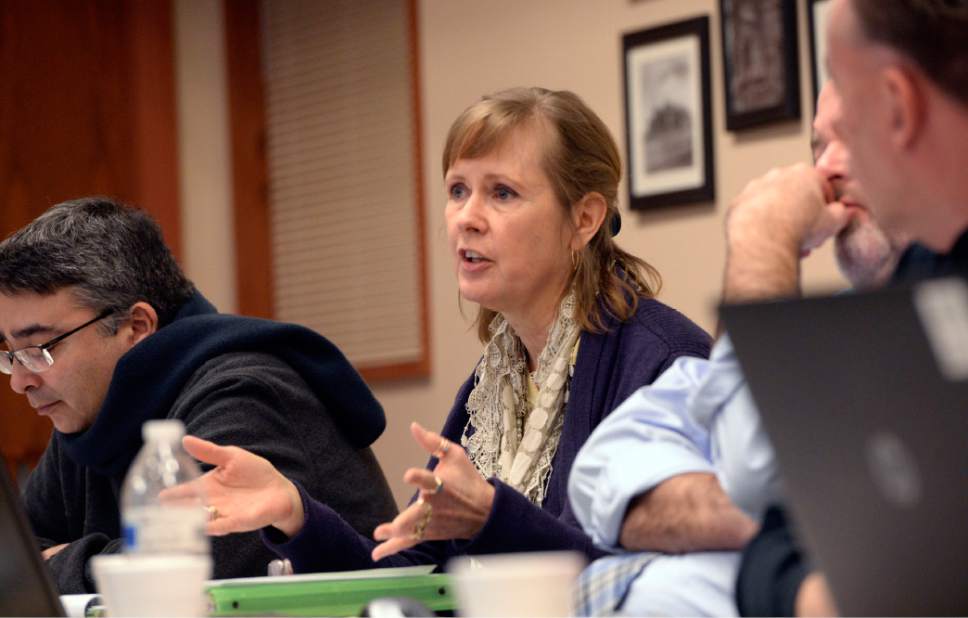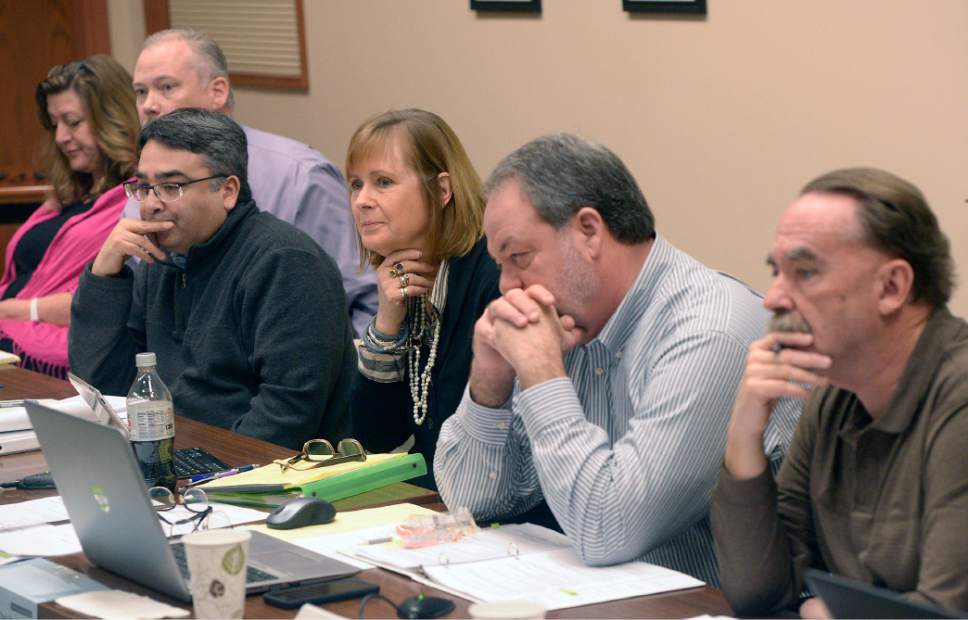This is an archived article that was published on sltrib.com in 2017, and information in the article may be outdated. It is provided only for personal research purposes and may not be reprinted.
Records of the Salt Lake City Council's closed meetings last fall to determine locations for new homeless shelters will be available to the public in 75 years.
That's when the restrictive protection of those documents runs out under Utah's Government Records Access and Management Act (GRAMA).
On Thursday afternoon, activist George Chapman, a former mayoral candidate, lost an appeal to gain access to minutes and recordings of those meetings at a Utah State Records Committee hearing. The vote was 3-2 in favor of Salt Lake City keeping the records closed.
Chapman told the panel that its action in this case would affect decisions by various governmental entities across the state.
"This decision will have ramifications for decades," he said. "When things are done in secret, we don't get good decisions. We shouldn't have a Vladimir Putin-style government in our country."
Nonetheless, Catherine L. Brabson, senior city attorney, argued successfully that the records committee had no jurisdiction in the matter.
"Utah law mandates such records may only be released if a district court issues an order declaring the meeting in which the records were created was illegally closed," she told the panel.
In an interview later, Brabson said the city could, if it chose to, waive the protection and make the closed-door meeting records public.
But David Fleming, the committee chairman, noted that the law does not speak to gaining access to protected records in closed meetings where the legality of the closure was not challenged.
Chapman had not challenged the legality of the meeting closure — only the records remaining closed after the homeless shelter sites were publicly disclosed.
"We know what the right thing is," Fleming said. "But we can't do anything about it."
Last fall, council members said they would select four shelter sites from about 19 potential locations outside the public eye because "they did not want to pit neighborhood against neighborhood."
After several closed meetings, four sites were agreed upon by the council and the mayor. Those locations were announced Dec. 13: 653 E. Simpson Ave. (2300 South), 275 W. High Ave. (1400 South), 131 E. 700 South and 648 W. 100 South. Eventually, the sites on Simpson Avenue and 100 South were eliminated.
On Jan. 30, Chapman, a Sugar House resident, requested the minutes from the closed City Council meetings through a GRAMA request.
It was denied once, then again on appeal by Patrick Leary, chief of staff to Mayor Jackie Biskupski.
The appeal denial was based on provisions in Utah law keeping real estate purchase discussions protected from public view. It also cited attorney-client privilege as a reason to keep the records closed.
But it was the issue of jurisdiction that had the Records Committee flummoxed.
Committee members said the law was confusing, with one section referring to another that referred back to the first one.
"We don't know what we should be doing," said committee member Tom Haraldsen. "It's structured like one thing would contradict another to never make a decision."
In the end, the panel could not get past Brabson's argument of jurisdiction.
"I'm not sure we should be taking it on if the statute throws it to the courts," Fleming said. "It's so important, we should defer to the courts."
For his part, Chapman said after the hearing that he would go the Legislature seeking to "clean up the law" so the committee has authority in such cases.
"This committee has just said the law is so confusing they can't make a decision," he said. "Any taxpayer-funded entity can close a meeting and keep the records protected, so why even have a committee?"







